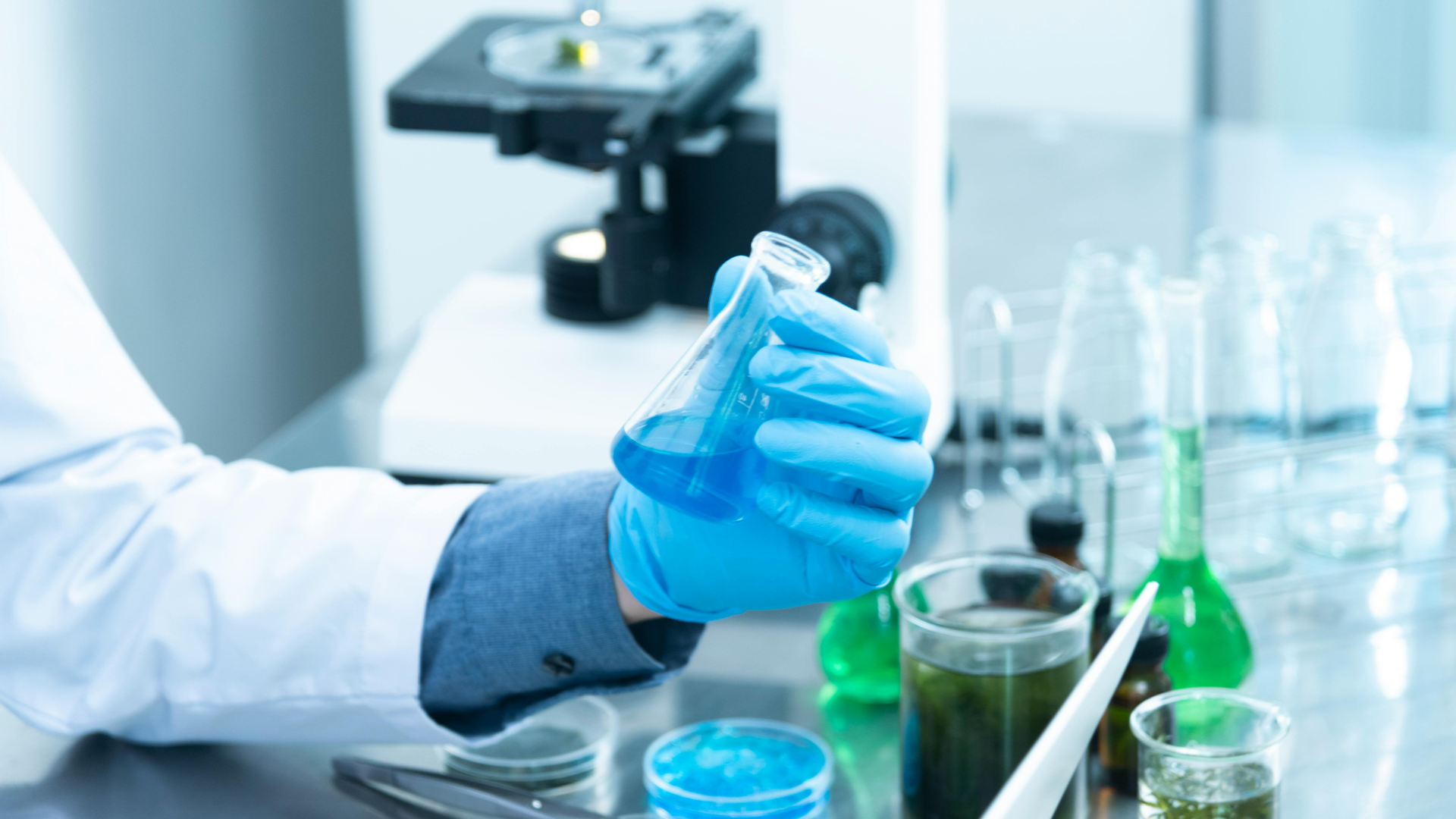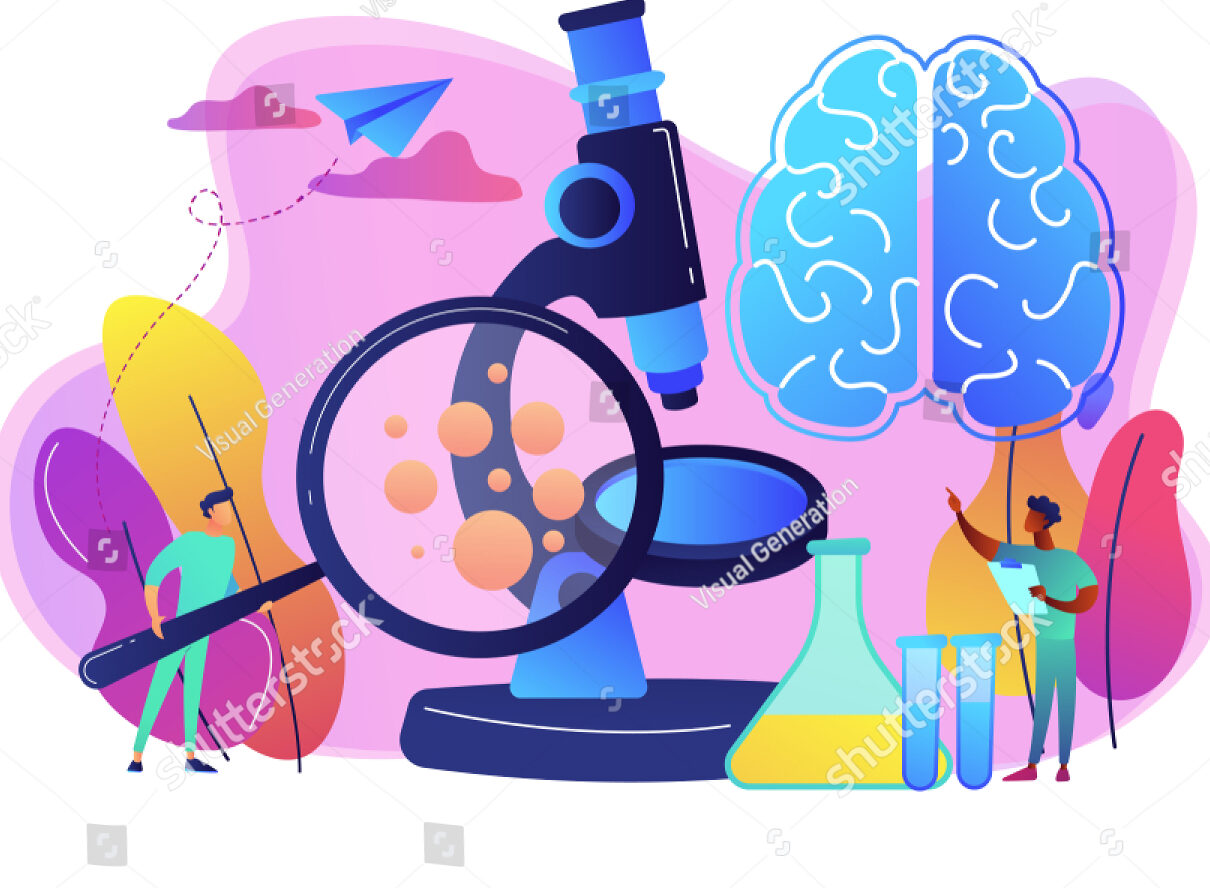Microbiology: The Tiny World with a Big Impact at Atmanand Saraswati Science College, Surat


Microbiology, the study of microscopic organisms, may seem like a niche field, but it has a surprisingly large impact on our everyday lives.
Here’s why you should consider exploring this fascinating field:
- Fight infectious diseases: Microbes cause a variety of diseases, from the common cold to life-threatening illnesses. Microbiologists are at the forefront of developing new drugs, vaccines, and diagnostic tools to combat these diseases.
- Ensure food safety: Microbes play a crucial role in food spoilage and foodborne illnesses. Microbiologists ensure the safety of our food supply by developing preservation techniques and conducting food quality checks.
- Environmental clean-up: Microbes are nature’s decomposers, breaking down organic matter and pollutants. Microbiologists use their expertise to clean up oil spills and remediate contaminated soil and water.
- Fuel the future: Microbes are being explored for their potential to produce biofuels, a more sustainable alternative to fossil fuels.
- Unlock the secrets of life: Microbes are the oldest and most abundant organisms on Earth. Studying them can help us understand the origins of life, evolution, and the potential for life on other planets.
So, if you’re interested in a field that is intellectually stimulating, socially relevant, and has the potential to make a real difference in the world, then microbiology might be the perfect major for you.
Here are some exciting frontiers where microbiologists are making a difference: - Industrial biotechnology: Microbes are used to produce a wide range of industrial products, including enzymes, organic acids, and bioplastics.
- Personalized medicine: Microbiologists are studying the role of the human microbiome in health and disease, paving the way for personalized therapies based on an individual’s unique microbial makeup.
- Agriculture: Microbes can be harnessed to improve crop yields, reduce reliance on pesticides, and develop new technologies for sustainable agriculture.
- Bioremediation: Microbes are increasingly being used to clean up environmental contamination, from industrial waste to oil spills.
These are just a few examples of the many ways microbiology is being used to solve some of the world’s most pressing challenges. As our understanding of the microbial world continues to grow, we can expect even more exciting applications to emerge in the future.


